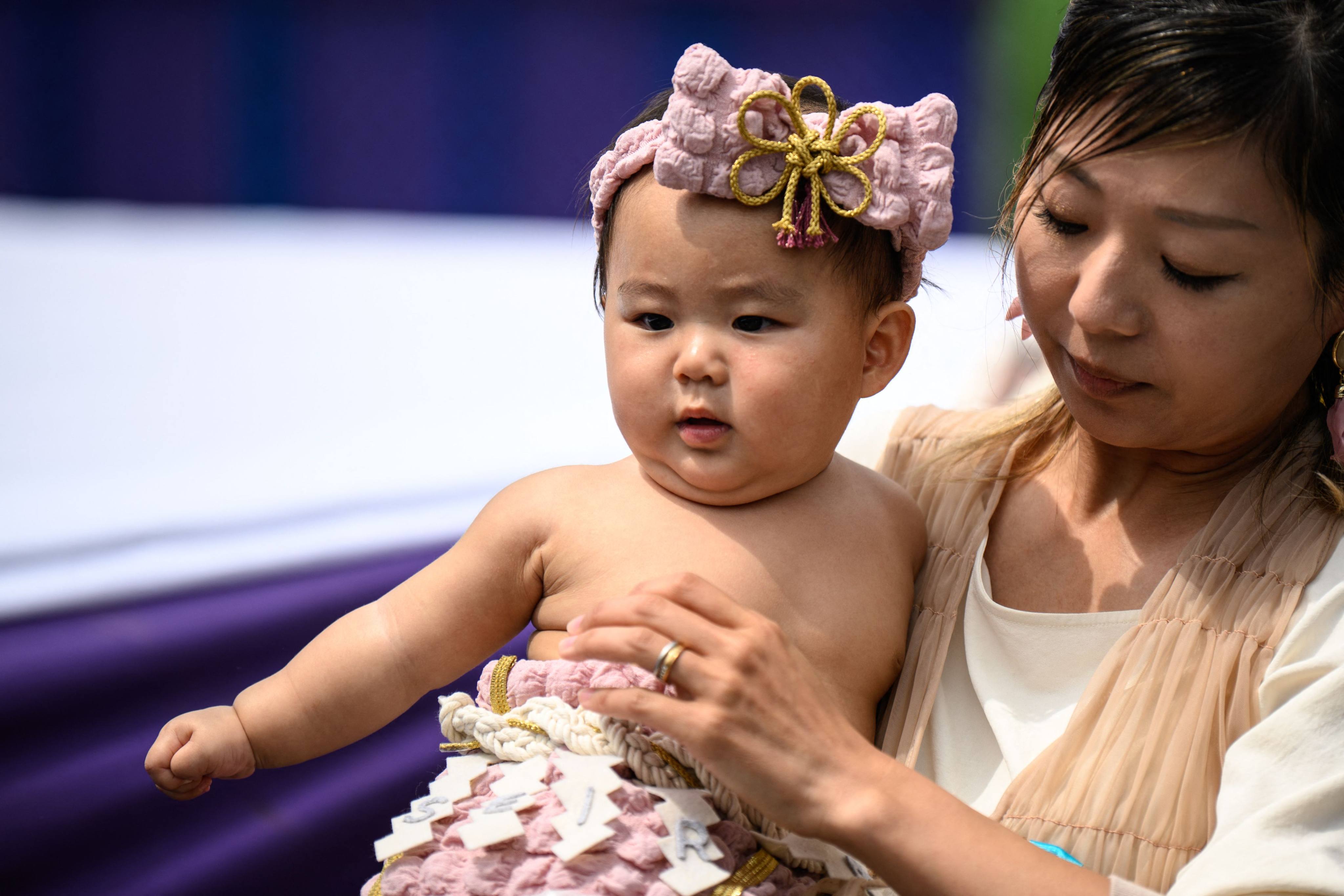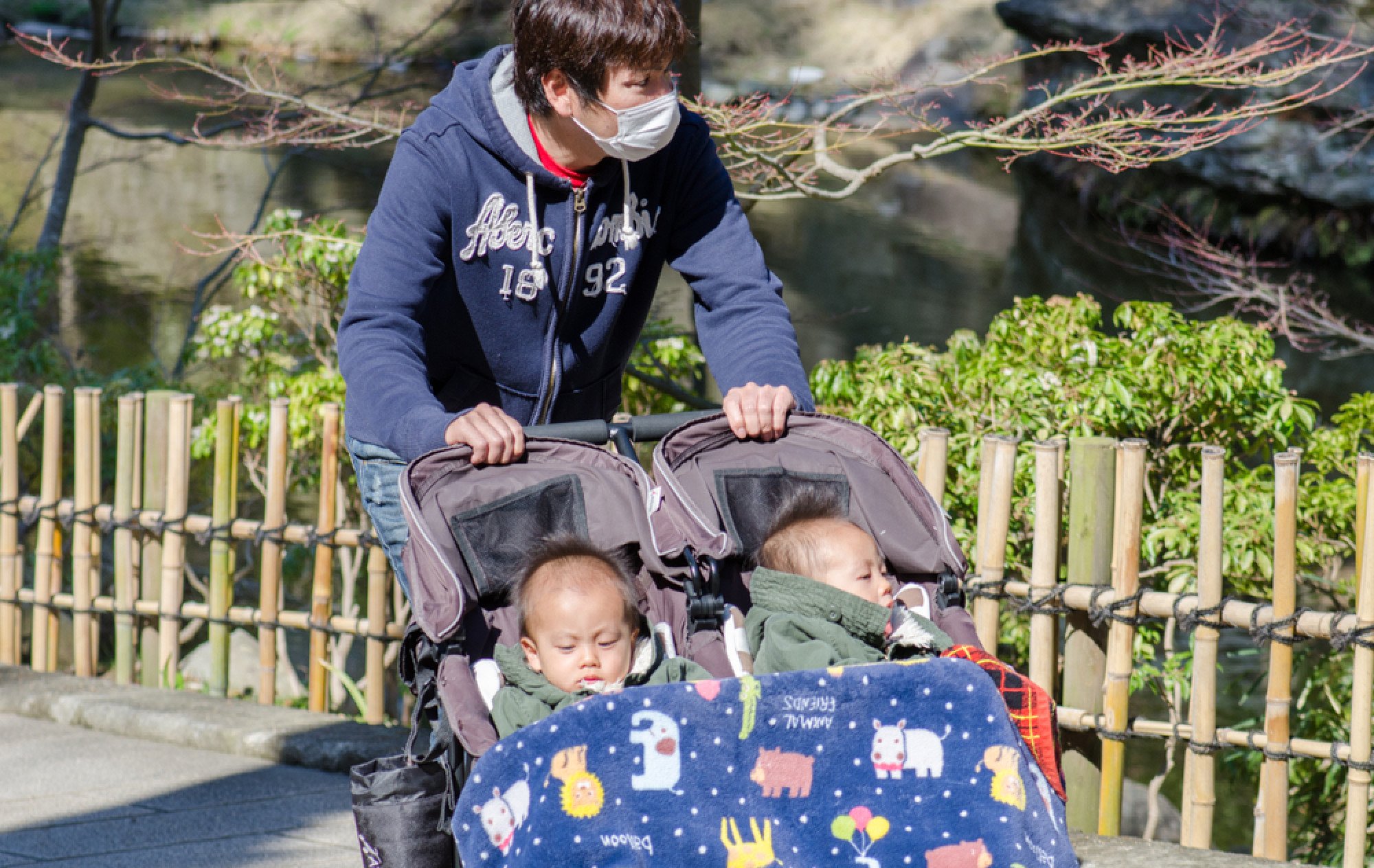Japan takes aim at ‘kirakira’ baby names with new rules on kanji readings
Changes aim to standardise pronunciation of kanji characters and officials can refuse to accept a name deemed to negatively affect a child

Japan has begun enforcing a law aimed at curbing the rise of unconventional and sometimes bewildering baby names – a move officials say will streamline administrative systems but which also reflects a growing tension between individual expression and traditional norms when it comes to naming.
Revisions to the Family Register Act, which came into effect on Monday, now limit the ways in which kanji – the Chinese characters used in written Japanese – can be read when registering a person’s name. The change is widely seen as an effort to clamp down on kirakira (literally “glittery”) names.
Parents first began opting for kirakira names in the late 1980s that have changed with trends in popular culture, according to academics.
Whereas school classrooms were once populated by boys named Taro or Hiroyasu and girls were called Yuko or Mariko, teachers today have to struggle with some outlandish readings of traditional Chinese characters.
The names “Jewel”, “Lovely”, “Kitty” and “Elsa” have all had their moments for girls, while boys have been registered with local governments as “Prince”, “Naruto” and even “Pikachu”. Others have been bestowed with “Purin”, which sounds like “pudding”, “Naiki”, which is close to US sports brand Nike and “Dorami”, a character from the Doraemon animated television series.
According to the government, the revisions to the act are designed to make digitalisation of administrative procedures more straightforward by standardising the pronunciation of kanji characters. The new law states that the way a character is pronounced must be “generally accepted as a reading”.

With the publication of a list of acceptable readings, local authorities will have the power to refuse to accept a name – particularly if it has a reading that can be considered “antisocial” or could have “a negative impact on a child’s future”.
This clause is almost certainly the consequence of an infamous incident in 1994 when Shigeru Sato and his wife, Ayako, registered their firstborn son with the city authorities in Tokyo’s Akishima district as “Akuma”. The name translates as “Devil”, with Sato telling reporters he chose it because “there will only be one Japanese with this name. If you hear it once, you’ll never forget it. It’s the best possible name”.
The city initially accepted the name, but senior officials later changed their minds out of concern that the child would subsequently be bullied, claiming the parents had “abused the right to name a child”.
The case went to court and the family subsequently agreed to alter the boy’s name – although Sato insisted that he planned to name any future son “Teio”, meaning emperor, but that he would choose “an ordinary, cute name” for a daughter.
A long-term study of trends in baby names published in 2022 determined that the prevalence of “unique names” for babies has increased sharply in the last 40 years.
Written by Yuji Ogihara, an assistant professor at Tokyo University of Science, the study was published in the academic journal “Current Research in Ecological and Social Psychology” and concluded that the preference for unusual names “suggests a rise in uniqueness-seeking and individualism”.